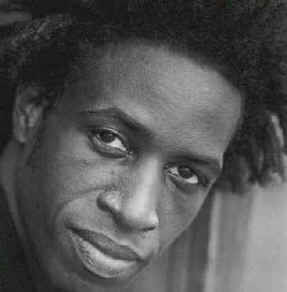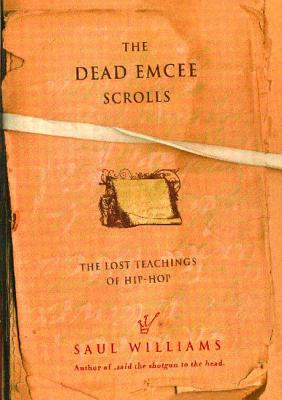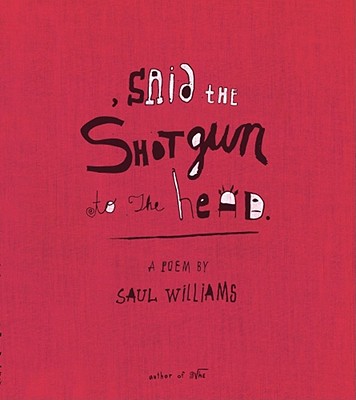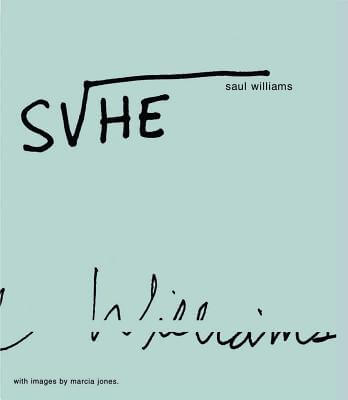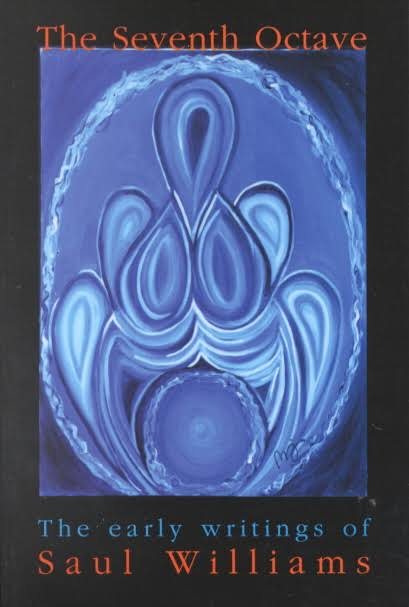Saul Williams
Saul Williams is a Top 100 AALBC.com Bestselling Author Making Our List 9 Times
Saul Williams is hailed as "a dreadlocked dervish of words.…the Bob Marley of American poets" (Esquire), Saul Williams is a gifted young poet who is opening up this literary art form to a new generation of readers. Like his writing — a fearless mix of connecting rhythms and vibrant images — Saul Williams is unstoppable. He received raves for his performance as an imprisoned street poet in the Trimark Pictures release Slam, winner of the Camera d’Or at Cannes and the Grand Jury prize at the 1998 Sundance Film Festival. The consummate spoken-word performance artist, Williams has also been signed by producer Rick Rubin to record a CD of his poetry.
Saul Williams also appeared in the award winning movie Lackawanna Blues.
Tell me about the poem in this video.
That poem is called “Coltan As Cotton.” Coltan is a precious stone that is
found in Central Africa, China and Russia, roughly the same places you find
diamonds. It is what distributes power in our cell phones and laptops. As
you can imagine, the stories around those coltan mines have a direct lineage
to the stories of rubber, sugar cane, iron, oil, gold, diamonds. We know how
those companies become rich: by exploiting natural resources, usually in the
third world, and how the power breaks down. This is a stone that distributes
power, like the distribution of wealth. I’m holding it in my hand as I talk
to you on my iPhone — we all have it.
Martyr Loser King is someone who worked in a coltan mine before he became a
hacker. The question is, how do we break the cycle? Of course, there’s
nothing wrong about extracting minerals and using them to progress society,
but if the same sort of exploitation takes place on a regular basis, if it’s
the same people benefitting and the same people not benefitting. How do we
apply modern technology — meaning awareness and consciousness, because these
things are reflections of our consciousness — to the enrichment of society
or the eradication of poverty?
That poem is simply things to ponder, things to question, things we need to
be thinking about as we step through life. What is the role of free labor
and slavery in the history of the bank? They’re not necessarily rhetorical
questions. It’s looking at history and not being overwhelmed by it, but
saying, okay, this is what we’ve built until now, this is what we should
keep, this is what we should destroy, this is what we should be protesting.
Figuring out how do I live my life, have fun, and do what I want to do, but
also finding ways to not always perpetuate the cycle. Because there’s no
real escape. Even for the so-called independent artist like me, I have deals
to publish books and distribute albums, and there are unanswered questions
about how these things will come about. We all participate, I’m just trying
to see if I can weigh the stuff I’m sharing more heavily than what it has to
go through to get there.
Read the full interview at King Magazine
Are you the author profiled here? Email us your official website or Let us host your primary web presence.

